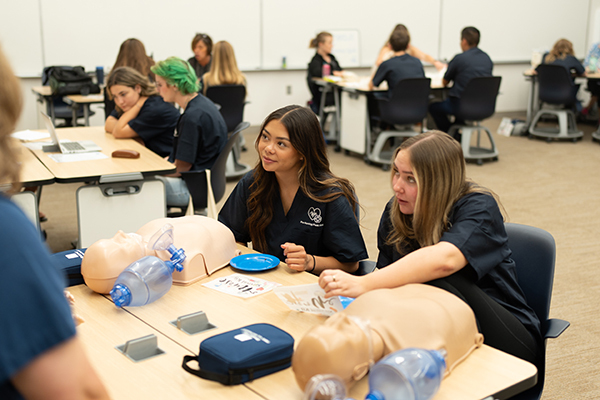
On the day the federal government restricted who was eligible to receive COVID shots, Colorado’s chief medical officer said those standards won’t necessarily apply to state residents.
Citing new laws passed by the state legislature, Dr. Ned Calonge of the Colorado Department of Public Health and Environment, told Colorado Matters Senior Host Ryan Warner that consumers can look beyond Washington, D.C. when deciding what’s best for themselves and their families.
“The general assembly this year passed a bill that allows the Board of Health to look at other experts like professional groups or other groups that provide evidence-based recommendations,” Calonge said. “There was also one that would allow the division of insurance to look at other expert groups as well. So what we've seen in just the last couple of weeks, the American Academy of Pediatrics has put out their immunization schedule, which looks like the January 2025 schedule.”
On Wednesday, the Food and Drug Administration approved updated COVID vaccines for the fall season that limit who can get the shots. The agency authorized the vaccines for people who are 65 and older, who are known to be more vulnerable to severe illness from COVID. Younger people would only be eligible if they have at least one underlying medical condition that puts them at risk for severe disease. Healthy children under 18 could still receive the shots if a medical provider is consulted.
Previously, COVID shots were recommended for most people and children.
Calonge said he thought expert groups like the American Academy of Pediatrics, the American Academy of Family Physicians, the American College of Physicians, the American Academy of Pediatricians, and the Obstetrician Gynecologists would be aligned in recommending that the public adhere to the previous standards, adding “I would always say the best thing is to talk to your provider and get their advice and then try to make an informed decision about what's best for you.”
Calonge also addressed other viruses in the news, including West Nile disease, which has claimed four lives in Colorado this year, most recently a man in his early 80s in Montrose County. Spread by mosquitoes, Calonge said the number of cases is typical for Colorado, adding that the elderly may be affected more.
“It ends up that our immune systems are really good at remembering things we've been exposed to,” he said. “And as you get older, they're not as good at responding to something you've never seen. And so that's why young people tend to do better with West Nile because their immune systems are easier, they ramp up quicker.”









